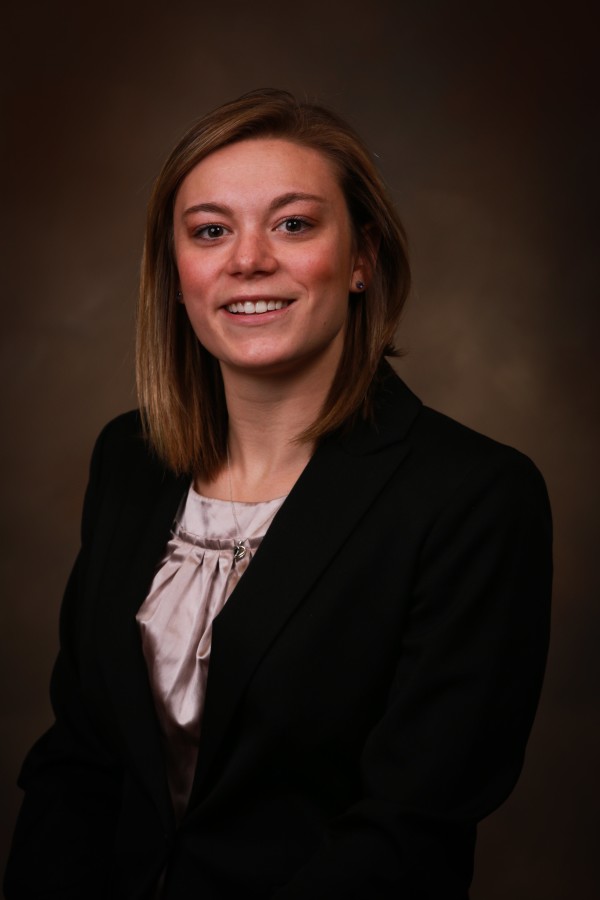Two women from the U’s Department of Chemistry won national awards.
Luisa Whittaker-Brooks, assistant professor of chemistry, received the Marion Milligan Mason Award for Women in the Chemical Sciences in Washington, D.C. last week. The $50,000 award, presented by the American Association for the Advancement of Science, will help fund her current research on renewable energy.

This was the inaugural year for the award, and the group received more applicants than expected — 190 in total. Because of that, the association presented awards to four, instead of the planned three, scientists.
Whittaker-Brooks is currently working on a project with Wendy Consoer, a graduate student in physical chemistry, to improve alternative energy solutions. Consoer is also a recent recipient of the Governor’s Energy Leadership Scholar’s Award, which provided $15,000 to help supply research materials.
Whittaker-Brooks and Consoer garnered awards because of their unique perspective on how to increase the efficiency of solar panels. In current models, 33 percent of the solar energy is converted into electricity. The rest, 67 percent, is dissipated as heat. They are hoping to use that heat energy and convert it to electricity, Whittaker-Brooks said.
“Most of the time we try to copy-cat nature,” Whittaker-Brooks said. “The thing is, nature has not given us that many guidelines on how to convert heat to electricity: there’s the challenge. We don’t have [anywhere] to cheat from.”
Instead of looking to nature, Whittaker-Brooks and Consoer are defying nature and trying to “marry” metal and glass-like properties.
If they succeed, they will have an efficient thermoelectric material that can transfer heat energy to electricity. Their ultimate goal is to gain a better fundamental understanding of solar cells, improve their efficiency enough to partner with a company to do large scale manufacturing.
Whittaker-Brooks said there has been a recent push to fund sustainable programs, part of Governor Gary Herbert’s 10-year strategic energy plan.
“Utah gets the inversion every year; we have sustainability and pollution problems,” Consoer said. “They’re trying to fund researchers looking at clean energy solutions.”
Consoer and Whittaker-Brooks said the award money is just one aspect of the honor. Getting their names into the scientific community and networking with similar-minded researchers is another benefit.
“It’s not about the money — it’s about the visibility,” Whittaker-Brooks said. “With awards, what people are seeing is that they have tested your science and they believe that you have potential.”
c.webber@dailyutahchronicle.com
@carolyn_webber

